Chris welcomes Rob Meltzer—founder of Northlight Family Services and New Terrain Consulting, certified Gestalt therapist, and educational planner—for a deep dive into the intersection of autism, wellness, and metabolic health. Rob shares how his own health journey led him to explore functional medicine and epigenetics, and how those insights are transforming the way we approach support for autistic individuals. Together, Chris and Rob explore the concept of “treating the terrain”—looking beyond symptoms to the underlying biological, emotional, and environmental factors that shape mental health and neurodivergence. From the benefits of ketogenic diets to the transformative power of outdoor programs, this conversation offers a hopeful, holistic vision of care that honors each person’s unique context.
Links:
Autism Learning Lab: https://www.autismlearninglab.com/
Email: chris@autismlearninglab.com
Northlight Family Services:
https://www.northlightfamily.com/
Quotes:
[2:52 - 3:40] Rob Meltzer “In mainstream medicine, we must look at the symptoms... Once you see what’s wrong, you use evidence-based approaches to treat the symptoms. Using that method, if we were treating a tree with a brown leaf, we would see that the leaf is brown and maybe the most efficient evidence-based way to turn the leaf green again is to inject some green dye into the leaf… when we all know, you gotta water the plant, you gotta tend to the soil.”
[16:37-17:00] Rob Meltzer “I don't see anybody saying, I know what the cause of autism is, you know, there's been an intense search for the gene or the genes and they're not finding it. No. (So that to me, it's, you know, this is the important, really important point.) It's not like you have a gene for autism.It's the way that the genes are expressing.”
[7:21-7:36] Rob Meltzer “If we've got people—psychies—who are not functioning the way we want to, we can treat that, treat that medically or whatever, but we can also treat the terrain. That’s what I’ve started thinking about.”
[24:54 - 25:00] Rob Meltzer “ Necessity is the number one catalyst for change.”
 Oct 29 202516 min
Oct 29 202516 min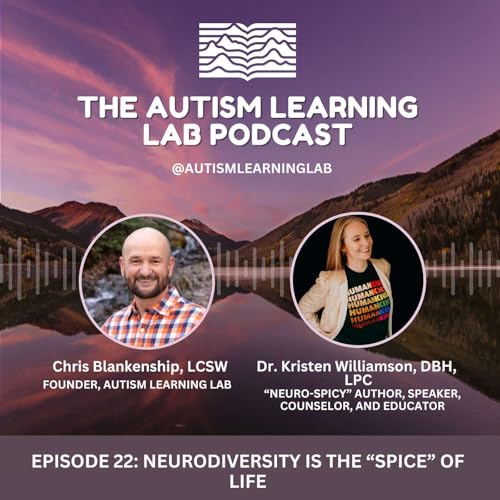 34 min
34 min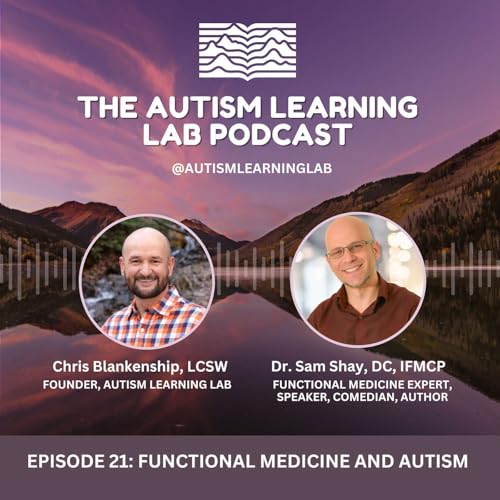 Aug 26 202537 min
Aug 26 202537 min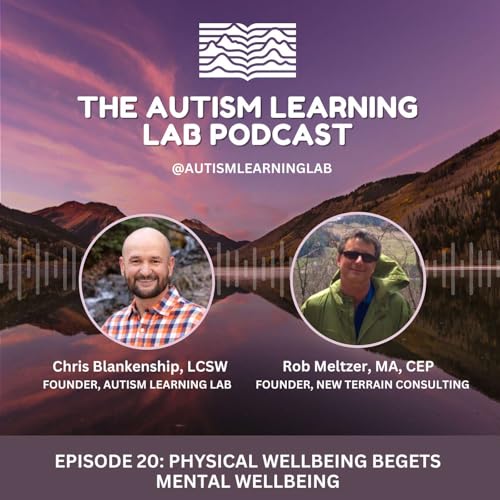 31 min
31 min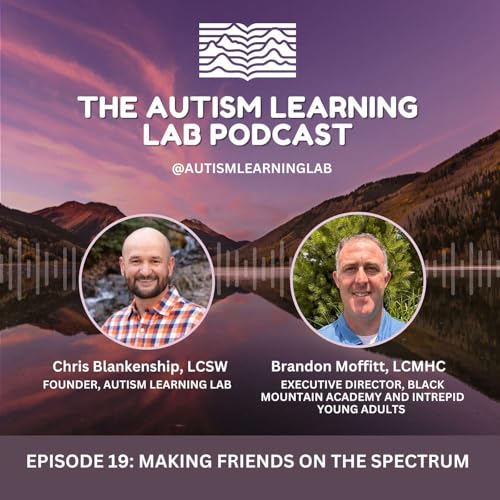 Jul 23 202535 min
Jul 23 202535 min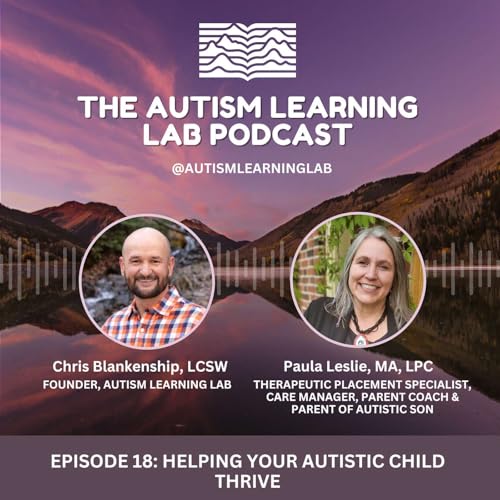 27 min
27 min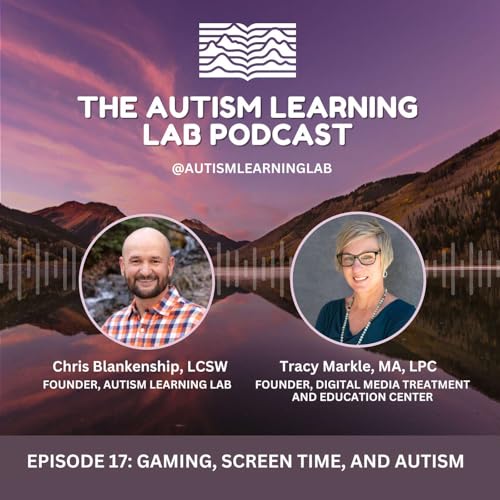 Jun 17 202533 min
Jun 17 202533 min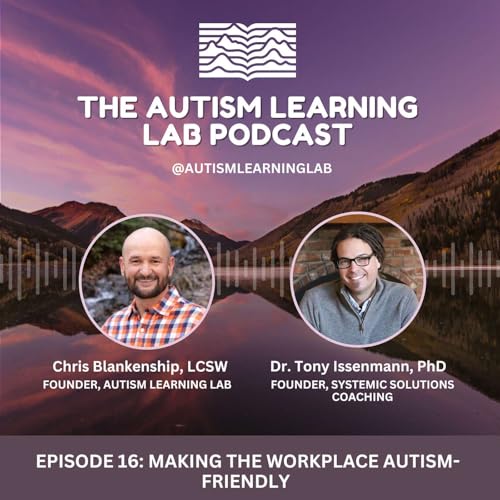 29 min
29 min
